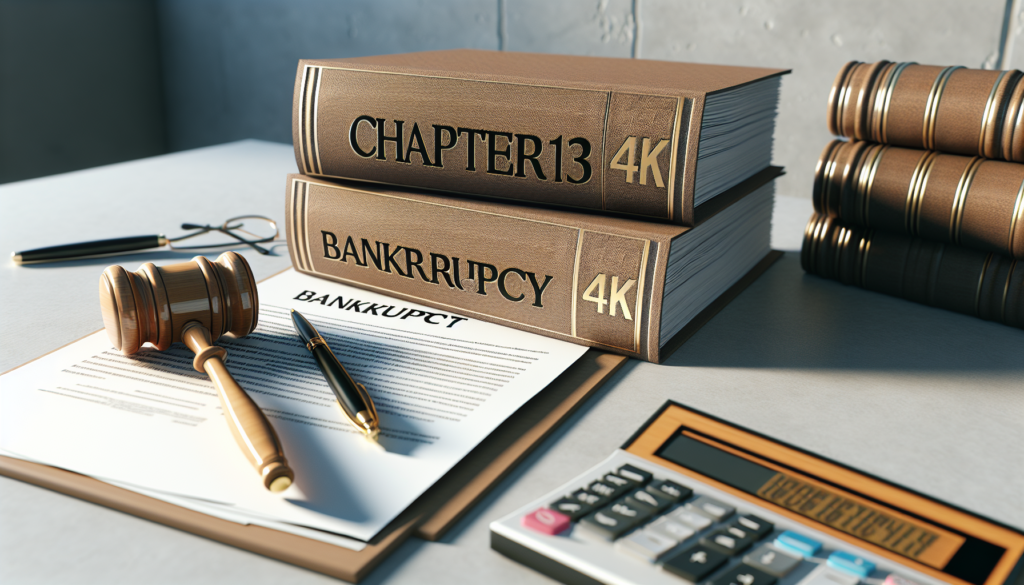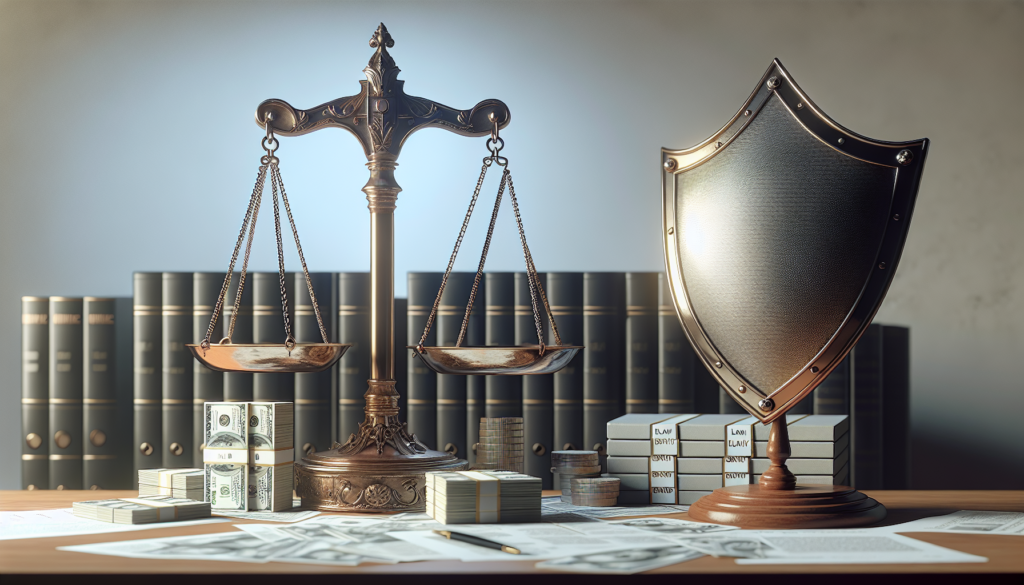
Chapter 13 bankruptcy can be a more powerful tool than debt settlement for several reasons, particularly due to its legal structure and comprehensive approach to dealing with debts. Here’s a detailed comparison to illustrate why Chapter 13 can be more advantageous:
-
Legal Protection:
- Automatic Stay: When you file for Chapter 13 bankruptcy, an automatic stay immediately goes into effect, halting all collection efforts, foreclosures, repossessions, and lawsuits against you. Debt settlement does not provide such immediate or comprehensive legal protection.
- Binding Effect: Chapter 13 bankruptcy involves a court-approved repayment plan that is legally binding on all creditors, ensuring that all parties adhere to the agreed terms. In contrast, debt settlement agreements are not court-ordered and may not bind all creditors.
-
Debt Repayment and Discharge:
- Structured Repayment Plan: Chapter 13 allows you to consolidate your debts into a manageable repayment plan based on your income, which lasts typically three to five years. This plan can include provisions to catch up on arrears for secured debts like mortgages or car loans, potentially preventing foreclosure or repossession.
- Debt Discharge: Upon completion of the Chapter 13 repayment plan, remaining unsecured debts (like credit card debt, medical bills, etc.) are typically discharged. Debt settlement, on the other hand, requires you to negotiate with each creditor individually and does not guarantee that all your debts will be settled or reduced.
-
Handling Secured Debts:
- Chapter 13 can address both unsecured and secured debts effectively. It can prevent the foreclosure of your home or repossession of other assets by allowing you to catch up on missed payments through the repayment plan. Debt settlement primarily focuses on unsecured debts and offers little to no protection for secured debts.
-
Cramdowns and Lien Stripping:
- In certain circumstances, Chapter 13 allows for the “cramdown” of secured debts, where the debt amount can be reduced to the value of the collateral. For example, if you owe more on your car loan than the car is worth, you might be able to reduce the loan balance to the car’s actual value. Additionally, Chapter 13 can sometimes enable “lien stripping,” removing junior liens from your home under specific conditions. These options are not available through debt settlement.
-
Credit Impact:
- While both Chapter 13 bankruptcy and debt settlement negatively impact your credit, the structured completion of a Chapter 13 plan and subsequent discharge of debts can provide a clearer path to rebuilding credit. Debt settlement can result in a more varied impact on credit, depending on how each creditor reports settled debts.
-
Costs and Fees:
- Chapter 13 involves court filing fees and attorney fees, but these are often structured into the repayment plan. Debt settlement companies typically charge fees based on a percentage of the debt or savings, which can be substantial.
Chapter 13 bankruptcy offers a legally structured, comprehensive approach to managing and resolving debts, providing protections and benefits that debt settlement cannot match. It’s a powerful tool for individuals facing significant debt challenges, particularly when secured debts and potential asset loss are concerns. However, the best choice depends on individual circumstances, and consulting with a bankruptcy attorney can provide clarity on the most suitable path based on your specific financial situation.


Get a Free Bankruptcy Case Evaluation